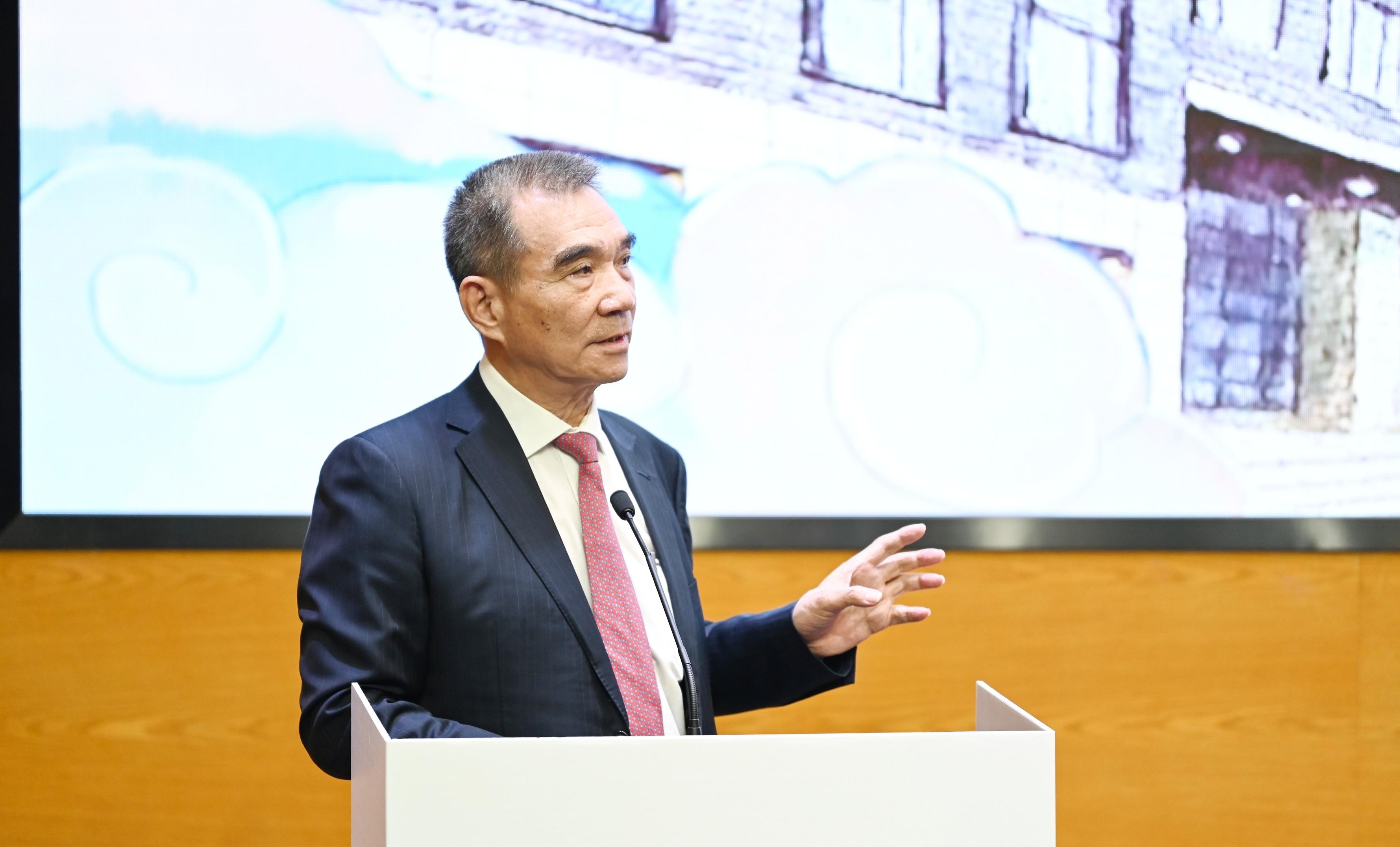
On the occasion of the 15th Conference of the Parties to the United Nations Convention on Biological Diversity in Kunming, the Institute of New Structural Economics of Peking University and the National Institute of Development Studies of Peking University jointly held the "Roundtable Forum on biodiversity Economics" online. The forum was presided over by Lin Yifu, Dean of the Institute of New Structural Economics of Peking University and Honorary President of the Peking University Development Institute. He noted that humanity has an obligation to improve our nature by restoring biodiversity, an important natural asset. To do this, we need to change our philosophy of action and wealth goals, and we can't focus only on GDP.
A 2020 WWF report noted that the global population of mammals, birds, fish, amphibians and reptiles has declined by 68% since 1970. IUCN figures show that 5 to 20 percent of vertebrate and tree species are now threatened with extinction, and extinctions are growing a hundredfold.
Led by Pasa Dasgupta, a professor of economics at the University of Cambridge in the UNITED Kingdom, the Economics of Biodiversity: The Dasgupta Assessment was released in early 2021. Dasgupta noted that biodiversity is being lost faster than at any time in human history, and that many ecosystems have degraded beyond repair or are at risk of "tipping points." To achieve sustainable economic development, we need to choose a different development path than we do now, namely, the use of nature not only sustainable, but also the enhancement of our common wealth and well-being for future generations.
In this roundtable forum, Lin Yifu and several guests raised a number of questions from different perspectives to Dasgupta and elaborated their views on biodiversity economics.
As a member of the International Advisory Board of Biodiversity Economics: Dasgupta Assessment, Lin Believe believes that the results and recommendations of the assessment are highly consistent with the Chinese government's concept of ecological civilization and new development. Now is a good time to discuss the Dasgupta Assessment and to call for worldwide attention and action on biodiversity issues. Human beings are part of nature, and it is human nature to seek livelihood and well-being. We have an obligation to improve our nature by restoring biodiversity, a vital natural asset. To do this, we need to change our philosophy of action and our wealth goals, and we can't just focus on GDP. We also need to take joint global action to that end. It is hoped that this round table will contribute to the achievement of that goal.
Xu Jintao, vice president of the Peking University Development Institute and director of the Environmental and Energy Economics Research Center, said that although the Dasgupta Assessment points out the gap between economics and practical problems, in fact, through discussion, we realize that economics may provide solutions to all the problems facing mankind, such as the common tragedy of the world, the loss of biodiversity and the problems of developing countries. Therefore, as economists, we should be optimistic and may only need to work harder in the direction das gupta points out to be able to find all potential solutions to the problem.